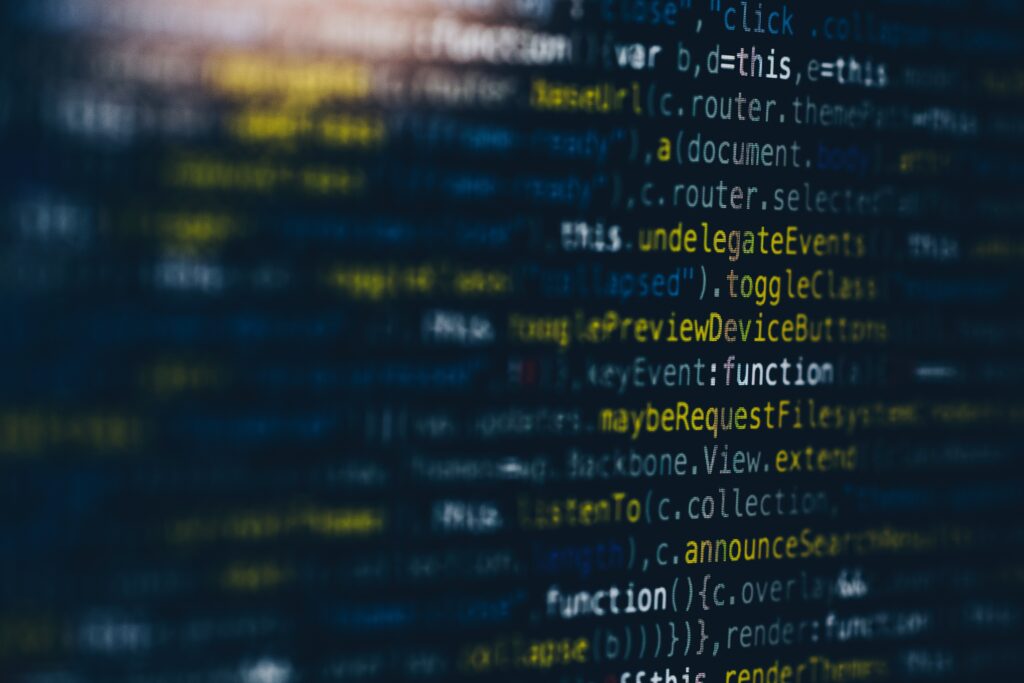With the rise and advancements of technology, businesses worldwide have started adopting digitalization to streamline their processes and make their business operations more efficient. Among several things, digitalization involves businesses storing their information and data digitally. The more businesses put their information out there, the more vulnerable they become to losing that data to the wrong people.
Businesses that have adopted digitalization, if they don’t secure their data, might lose their data along with the loss of customers, damaged reputation, and financial penalties. To avoid these consequences, businesses must keep their data as secure as possible. This will allow businesses to secure their private information while maintaining a good reputation in the market and gaining the trust of customers.
So, for this purpose, we have discussed some of the ways to keep business data secure and private.

Monitor Network Activity
Monitoring network activity is very important to keep business data secure. In the current age, with so many advancements in the field of technology, it has become a common norm for employees to work remotely and access sensitive information from their own devices and locations to perform their tasks. So, for this reason, it has become mandatory to monitor network activity in real-time to prevent any cyber attack from taking place.
Regularly check the activity logs and monitor the network and important web pages, such as the login page of your Virgin Media router. By doing so, you can detect suspicious behavior and find out if someone is accessing sensitive information without permission. You can then take measures to prevent a data breach from occurring in the first place.
Restrict Access to Sensitive Data
Along with network monitoring, restricting access to sensitive data is another way by which businesses can keep their data secure. Limiting access to private and sensitive information can prevent unauthorized users from stealing your data. You can restrict access to sensitive data in various ways, such as putting sensitive data in a separate database or cloud storage.
Alternatively, you can add user roles that allow access to the information depending on their position and job function within the company. By doing so, businesses can ensure that sensitive data is secure, and employees can still access data when required for their tasks to keep the operations going.
Encrypt Sensitive Documents
Another way by which businesses can keep their data, especially private and sensitive data, secure is by encrypting sensitive documents. If a hacker somehow manages to get their hands on an unencrypted file, they can access all the information inside it. However, if you encrypt private documents, you are adding an extra layer of protection to your sensitive information.
With your sensitive documents encrypted, hackers won’t be able to read or open them without the password, even if they manage to get their hands on your sensitive data. When encrypting confidential and sensitive files, make sure that you use a credible encryption tool that can encrypt the documents strongly. Once you have encrypted your confidential files, consider storing them locally on your devices instead of in the cloud. They may be vulnerable in the cloud if a cyber criminal gains access to your cloud account credentials.
Regularly Update Software and Applications
Since businesses are using various software and applications to manage their operations, they should be aware of security vulnerabilities and bugs that can provide access to hackers. Software developers roll out updates on a regular basis to fix security vulnerabilities and bugs in the code, preventing hackers from exploiting those vulnerabilities and gaining access to your data.
Businesses that don’t update their apps and software are putting themselves at risk, as they become an easy target for cybercriminals. On the other hand, businesses that regularly update their software, business applications, and router firmware through 192.168.1.254 keep themselves protected against data breaches.
Enable Multi-Factor Authentication
Multi-factor authentication is the process of using multiple methods to verify your identity when logging into an account, application, or website. Even if you have implemented other precautionary measures to keep business data secure, you should still enable multi-factor authentication. With multi-factor authentication in place, unauthorized users who somehow gain access to the password won’t be able to access the account without an OTP or answering a security question.
This would ensure that your sensitive and private data is safe, even when an unauthorized user gains access to your username and password through phishing, keylogging software, or any other technique.

